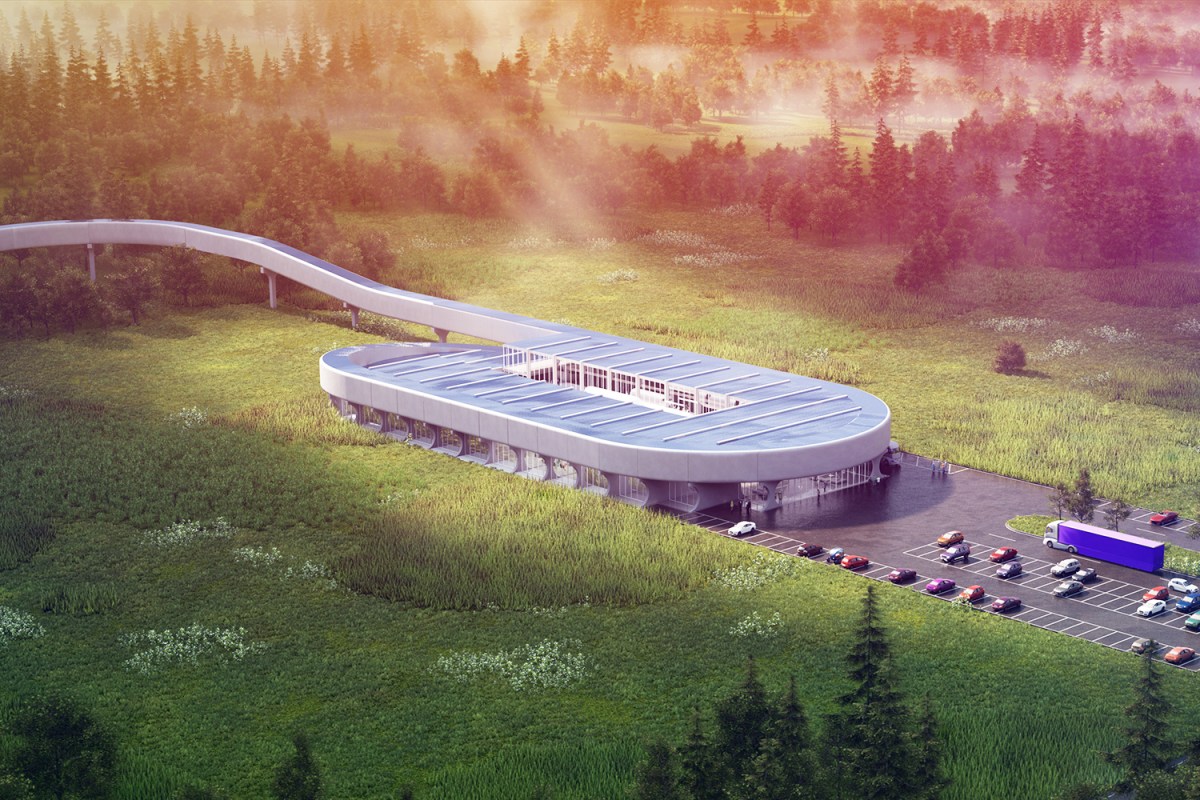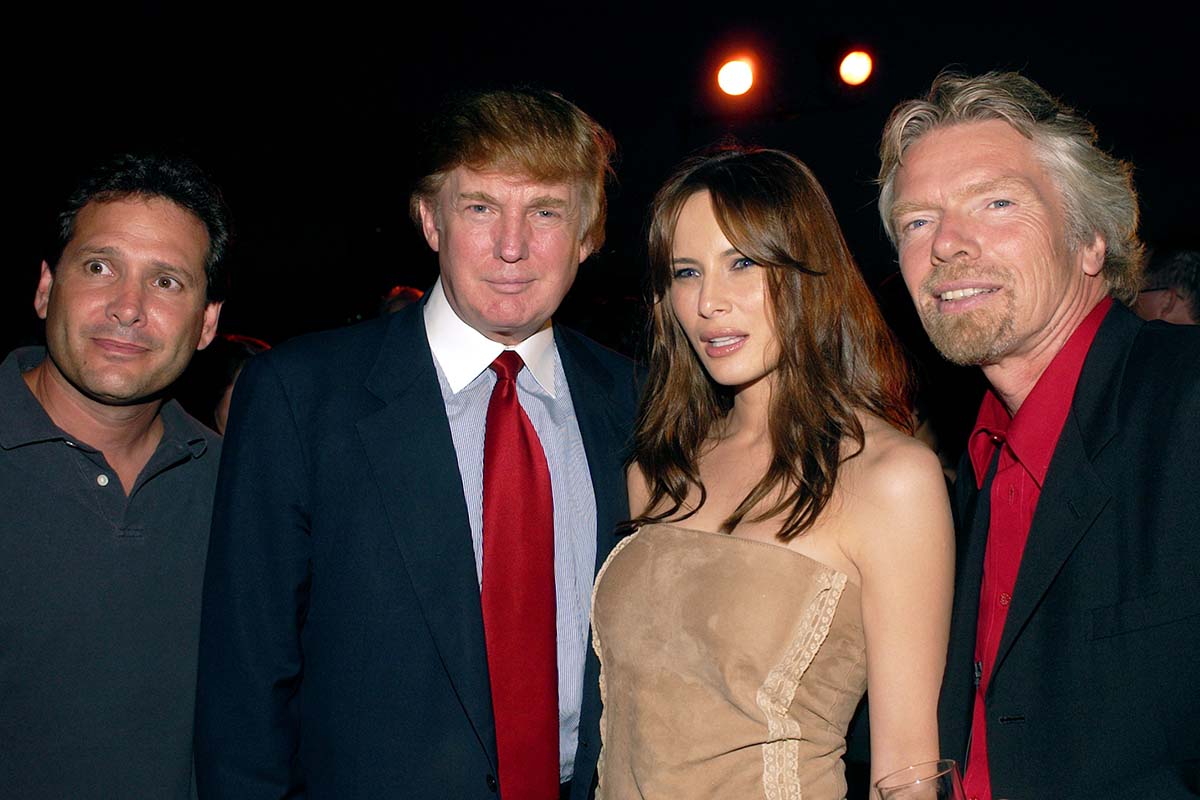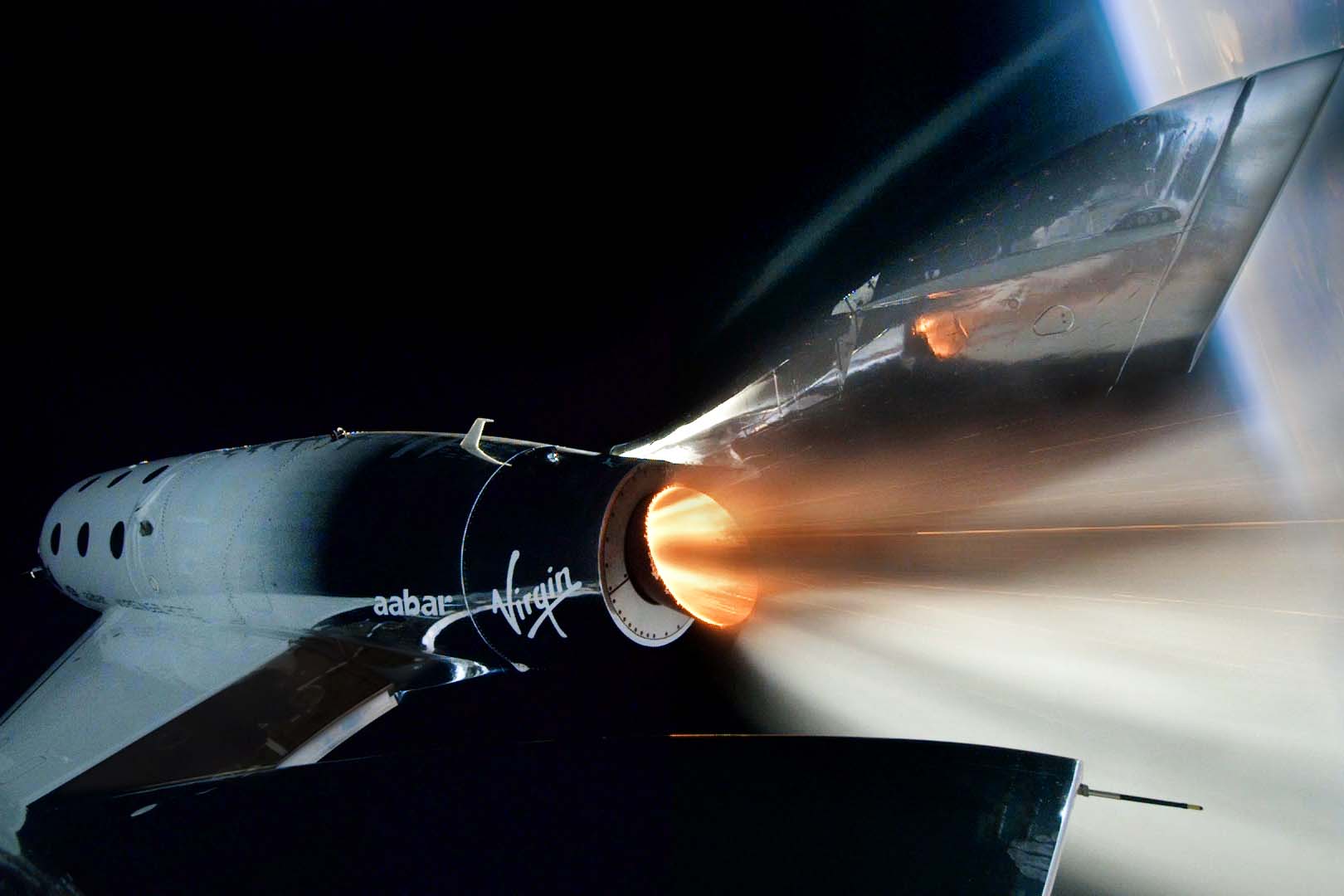When we took a look at the future of high-speed trains a year ago, one of the most promising innovations cited was the hyperloop, rail systems that use magnetic levitation to travel at blistering speeds. The problem, as we noted at the time, is that they “need to move beyond a testing phase to ensure that this entirely new and theoretical form of technology is actually safe.”
Virgin Hyperloop, billionaire Richard Brandon’s hyperloop company, just announced a substantial development on that front. After 17 states applied, the company has chosen West Virginia as the host of its new $500 million certification center and test track, as Reuters reported on Thursday.
“The center will be the first U.S. regulatory proving ground for a hyperloop system designed to whisk floating pods packed with passengers and cargo through vacuum tubes at 600 miles (966 kmph) an hour or faster,” wrote Reuters.
Virgin Hyperloop does have a research and development test track near Las Vegas, Nevada, but the new West Virginia facility is crucial in moving from in-house testing to regulatory approval to commercial operation. The timeline, as Reuters detailed, is to begin construction in 2022 (on the site of an old coal mine, no less), achieve safety certification by 2025 and then begin operating by 2030.
The announcement comes just months after the U.S. Department of Transportation and the Non-Traditional and Emerging Transportation Technology Council released guidance for the regulatory framework for hyperloop projects in the country.
“The Hyperloop Certification Center is the start of the hyperloop journey for West Virginia, for the United States, and for the world,” Richard Branson said in a statement. “We’re one step closer to making hyperloop travel a reality for people everywhere.”
Thanks for reading InsideHook. Sign up for our daily newsletter and be in the know.

















